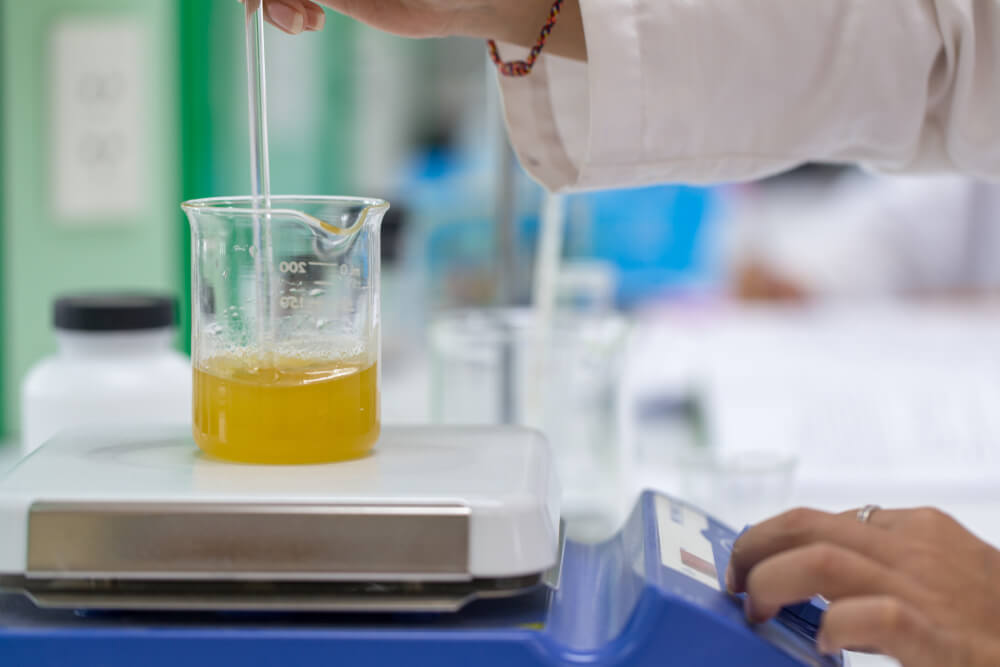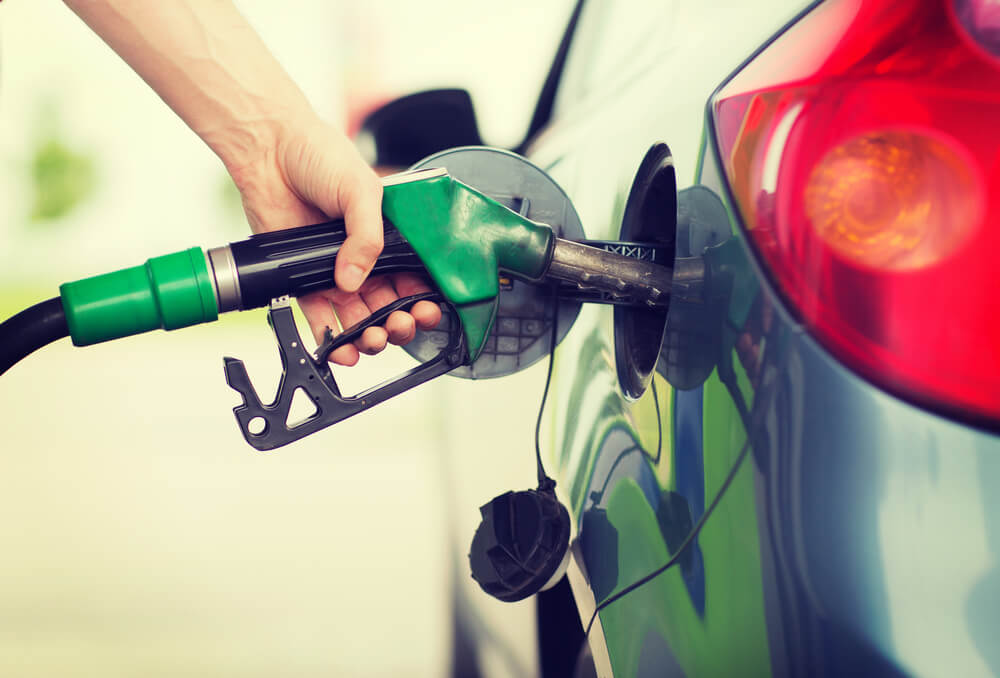Biodiesel is a renewable, clean-burning fuel that can be a great alternative for drivers with diesel cars looking for a more environmentally friendly option.
A fuel often derived from vegetable oils, animal fats and soy, biodiesel can come in its purest form (100%) or blended with traditional diesel, from as little as five per cent (B5) to B20 (a blend of 20% biodiesel and 80% regular diesel).
In fact, you could be filling your car with B5 and not know it – there’s no legal requirement to disclose diesel blend percentages until the biodiesel concentration is higher than five per cent.

Biodiesel is made through a process called transesterification, where glycerin is extracted from animal fats, vegetable oils and soy, leaving behind methyl esters (fatty acids), which are then refined to create biodiesel.
It’s a renewable fuel source. Unlike regular diesel, which is made from crude oil and will eventually deplete, biodiesel can be made from a variety of renewable sources, such as vegetable oils, animal fats and soy. What’s more, these ingredients can be locally sourced, meaning there isn’t a reliance on exports to create biodiesel.
It produces fewer carbon emissions while driving. Since it’s made from renewable sources and not fossil fuels, biodiesel burns ‘cleaner’ than regular diesel, meaning it emits fewer greenhouse gases than regular petrol as you drive.
You can use it in existing diesel-fuelled cars. If your vehicle already runs diesel, chances are it’s biodiesel-friendly. In fact, it could even benefit your car as it often works as a solvent that can clean residue from your fuel lines. Just remember to check your owner’s manual to see which fuels are compatible with your vehicle.
Its consistency can change. Since biodiesel can be made from various renewable sources, the final product is subject to variation. Some sources might produce more biodiesel than others, while others might not extract fuel of the highest quality.
Adverse weather can limit production. Since biodiesel is made from ingredients derived from crops and animals, weather events such as floods, droughts or other inclement conditions can jeopardise production. With that in mind, relying on biodiesel as a primary source of fuel could be problematic.
Performance in cold weather is limited. Cars running biodiesel blends above 20% may have issues in colder weather – particularly with ignition – as the material it’s made with tends to freeze at lower temperatures.

Looking for cheap fuel near you? While we don’t compare biodiesel through our Simples app fuel comparison service, you can compare the cost of fuel from a range of petrol stations in your area in just seconds. Simply enter in your postcode into our handy tool, and we’ll do the rest.
Best of all, our service won’t cost you a thing. So, why not see if you can save the next time you fill up your car?